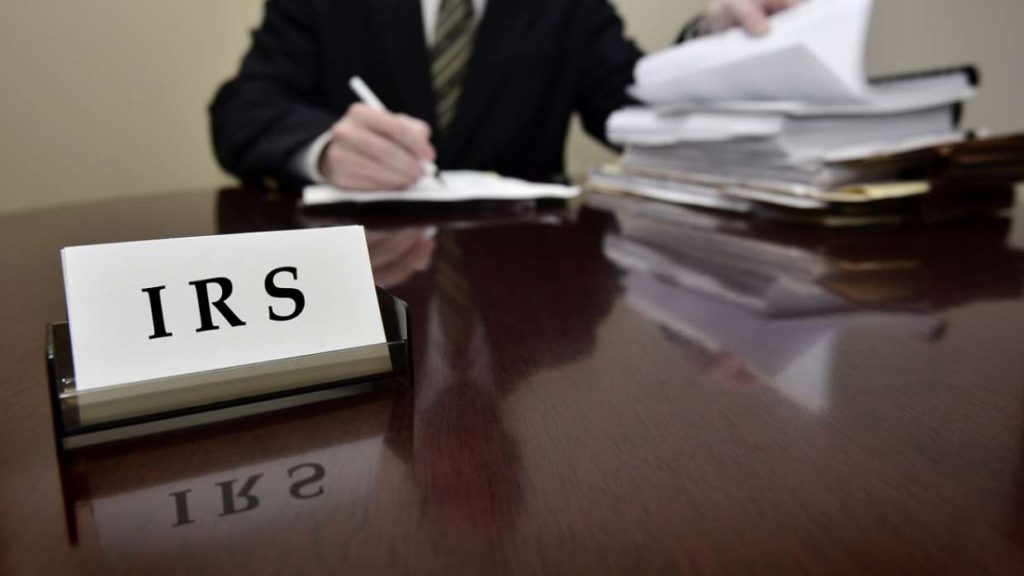Write-Offs Freelance Writers Can’t Claim on Taxes


Part one answered unusual questions submitted by Waldo Lydecker, a contentious freelancer, who says he’ll pocket a seven-figure advance in 2021 that’s noticeably north of one million dollars for his next book.
It also focused on two books. The first one is by Stormy Daniels, who alleges that she had an affair with former president Trump; the second one is by Waldo.
Part two will focus on Internal Revenue Code Section 183. It prohibits write-offs for certain kinds of business losses claimed by freelancers on their Form 1040s. The rational for these restrictions: IRS alchemists continuously transform deductible losses from supposed “businesses” into nondeductible losses from “hobbies.”
Profit versus pleasure. Deductions for travel, equipment and the like are allowable only if IRS auditors agree that freelancer Ceil, a writer like Waldo, intends to turn profits from her writing.
Because Section 183 disallow deductions for losses suffered by writers who pursue “hobbies,” the IRS looks closely at returns filed by people who offset full-time salaries and other sources of income with losses from writing, especially travel writing, painting, photography, or other artistic endeavors of dubious profit potential—to cite just some of the activities that are likely to draw the agency’s attention.
Just what standard should the IRS apply to someone like Ceil? At one extreme, should it treat her as a hobbyist who never had a “bona fide expectation of a profit,” in the words of the Tax Court, mostly writes just to have fun and couldn’t care less that, year after year, her 1040 form is accompanied by a Schedule C on which she claims a hefty loss from freelancing?
The Tax Court’s pro-IRS decision applied an incorrect standard, according to the Court of Appeals for the District of Columbia, a tribunal perched one rung below the Supreme Court. Its pro-taxpayer decision concluded that the correct standard shouldn’t depend “on whether” [Ceil] “expected a profit. Instead, it should depend on whether” [she] “engaged in the activity with the objective of making a profit.”
I’m confident that there can be no two opinions about whether both court-okayed standards are models of clarity that provide guidelines for freelancers, their advisers and IRS examiners, which is one of the reasons why profit-versus-pleasure disputes continually wind up in the courts. Want to know lots more, Dear Readers, about real-life situations that don’t fall conveniently into place?
Look at these five columns: “You Can’t Deduct a Hobby Loss Without a Profit Motive”; “Profit vs. Pleasure: IRS Rules Are Strict on Losses;” “How a Documentary Filmmaker Bested the IRS in Court;” “Hobbies May Be Serious Business in the Eyes of the IRS;” and “How Not to Get Too ‘Creative’ with Hobby-Related Tax Deductions;” they ran respectively, Jan, 8, 2020, Dec. 19 and Oct. 3, 2016, and July 6 and Feb 11, 2015.
What’s ahead? Our lawmakers enacted Section 183 in order to provide guidelines and to cut down on business-versus-hobby disputes. They included a safe harbor. I’ll discuss it in part four.

